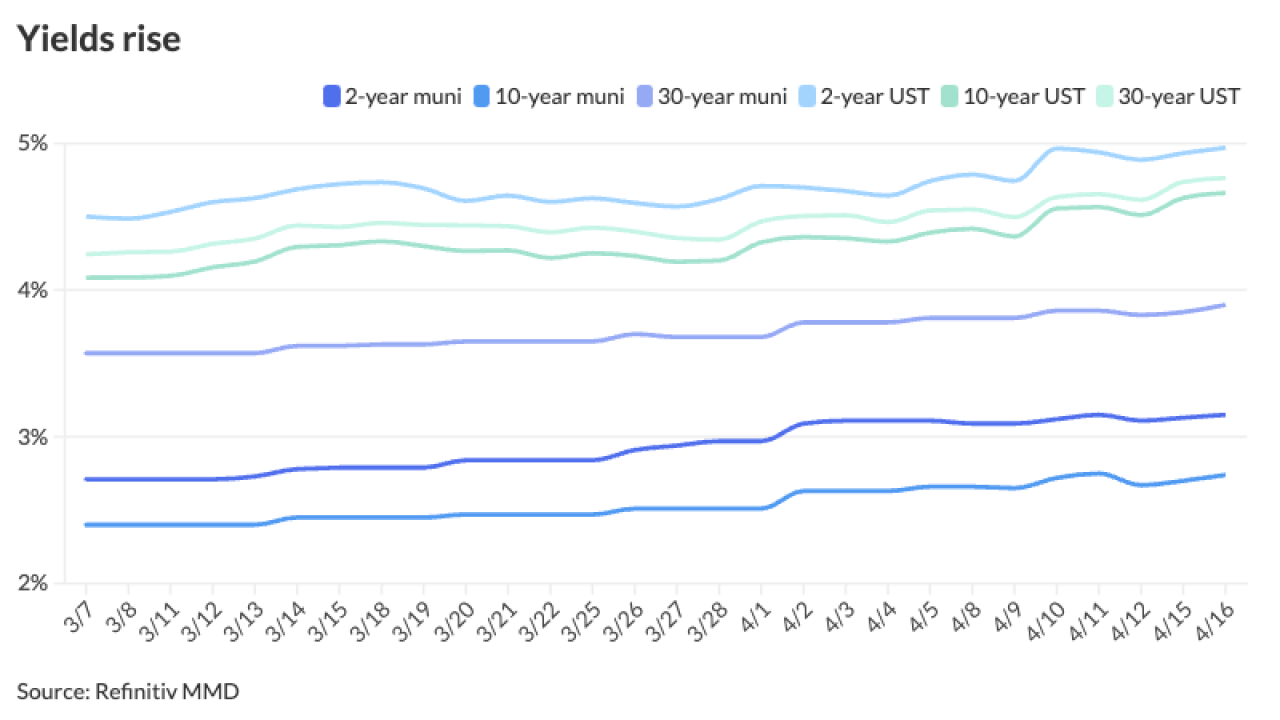SAN FRANCISCO — Another city in California has said it is on the brink of bankruptcy.
Atwater, a city of more than 28,000 in Merced County in California’s Central Valley, is considering declaring a fiscal emergency that would allow it to file for bankruptcy without going through a state-directed mediation.
“It is clear that if negotiated concessions and other expense reductions approved by the council are insufficient and bankruptcy proves to be necessary, it will not be possible to wait another 90 days to seek protection,” Frank Pietro, the city’s interim city manager and police chief,
City Council held off Tuesday night from declaring a fiscal emergency during a special meeting and continued the hearing until Oct. 3, according to the Merced Sun-Star newspaper.
If the city moves ahead with seeking Chapter 9 bankruptcy protection in federal court, it will join three other cities and towns in California — Stockton, San Bernardino and Mammoth Lakes — that chose the same path this year.
According to the city’s fiscal 2011 audited financial report, it has $94 million of outstanding debt that includes mostly tax allocation bonds and wastewater revenue bonds.
Moody’s Investors Service rates the city’s tax allocation bonds issued by its redevelopment agency at Ba1 and its insured wastewater bonds issued by its public financing authority at Aa3. Fitch Ratings has the wastewater bonds rated at A-minus and the redevelopment bonds at BBB-plus, while Standard & Poor’s rates the wastewater bonds at AA-minus.
Atwater staff said the city’s general fund is facing a combined $3.3 million deficit for fiscal 2013, which include a $2.3 million gap carried over from the previous year, out of projected spending plan of $11.4 million.
The city’s cash balance has dropped from around $18 million in fiscal 2011 to an estimated $6.3 million for fiscal 2013, which doesn’t include bills it needs to pay for a completed wastewater plant and a $2 million bond payment due in November.
“The significant negative cash balances in the water and sanitation funds pose additional serious financial risk to the city,” the report said, noting that the funds have used money from Atwater’s pooled cash to make up for deficits.
The city also has a structural deficit in its sanitation fund, which has been operating with an annual deficit of $600,000. The city hasn’t raised rates for ten years.
Atwater’s water fund, which hasn’t seen a rate increase since 1992, is also operating with a cash deficit.
In its wastewater fund, the city exhausted $84 million of proceeds from three bond issues used to pay for a treatment plant and had to use $5 million of cash from its fund to complete the project. The city owes $5.3 million of principal and interest payments on that debt in fiscal 2013.
Atwater recently increased wastewater rates to support the bond financing.
In the report, Pietro blamed the city’s financial problems on the dramatic impact of the recession on the Central Valley and the lagging economic recovery in the region.
Atwater’s median home price has dived 40% in five years and property taxes that make up 40% of its budget have dropped 27%. The city’s unemployment rate is 21%, according to city staff.
At the same time, officials said Atwater it is facing rising pension and retirement medical benefit costs due to changes in pension formulas for employees, along with higher insurance costs.
Since 2008, the city has cut staff by nearly 30% and it has recently negotiated concessions from its employee unions. However, staff said it is still hamstrung by some contracts.





